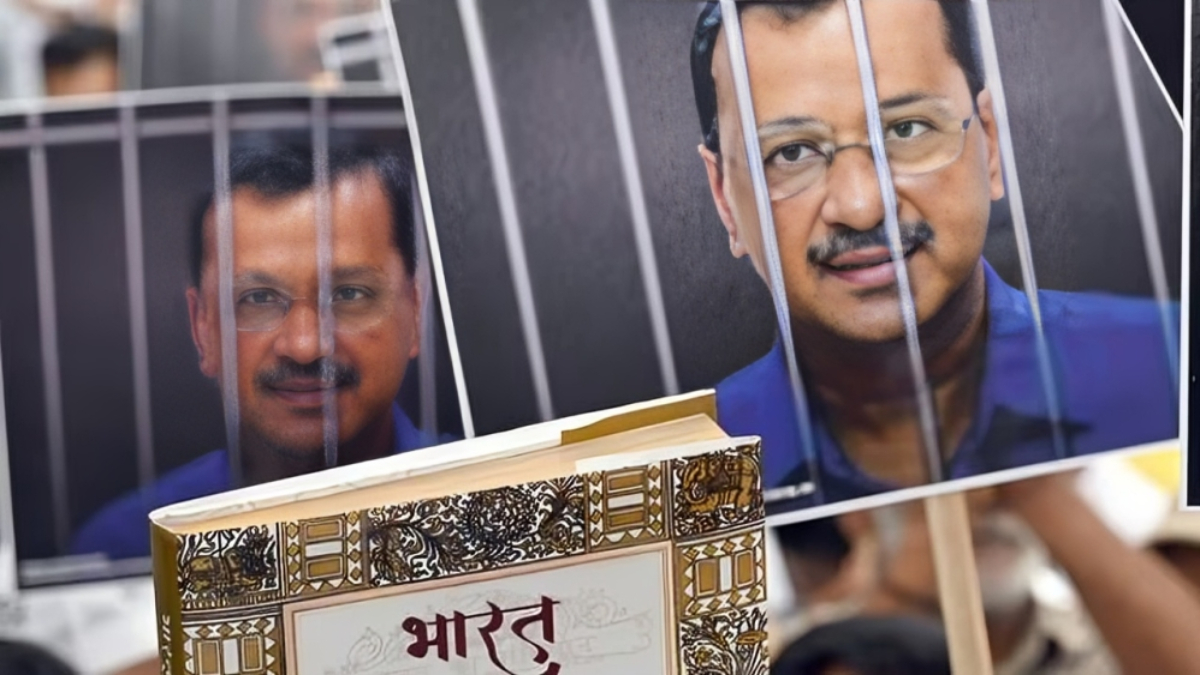The arrest of Chief Minister Arvind Kejriwal by the Enforcement Directorate (ED) and the subsequent remand order passed by the trial court in relation to the excise policy case have been rejected by the Delhi High Court. The court stated that the petition contested the arrest on the grounds of violating Section 19 of the Prevention of Money Laundering Act, 2002 (PMLA). According to Bar and Bench, the court order clarified that the plea sought to declare the arrest as illegal, rather than requesting bail.
What Delhi HC said in its order?
The ED has presented evidence that suggests Arvind Kejriwal conspired and actively participated in the use and concealment of proceeds of crime, according to the high court. The court also noted that Kejriwal was involved in these activities both in his personal capacity and as the convenor of AAP. In response to Kejriwal’s doubts about the statements made by “approvers” in the excise policy case, the court emphasized that these statements were recorded under the PMLA and Section 164 CrPC.
The court further stated that questioning the manner in which the statements were recorded would be an attack on the court and the judge. The order also highlighted that the law regarding approvers has been in existence for over 100 years and was not enacted to specifically implicate Kejriwal.

